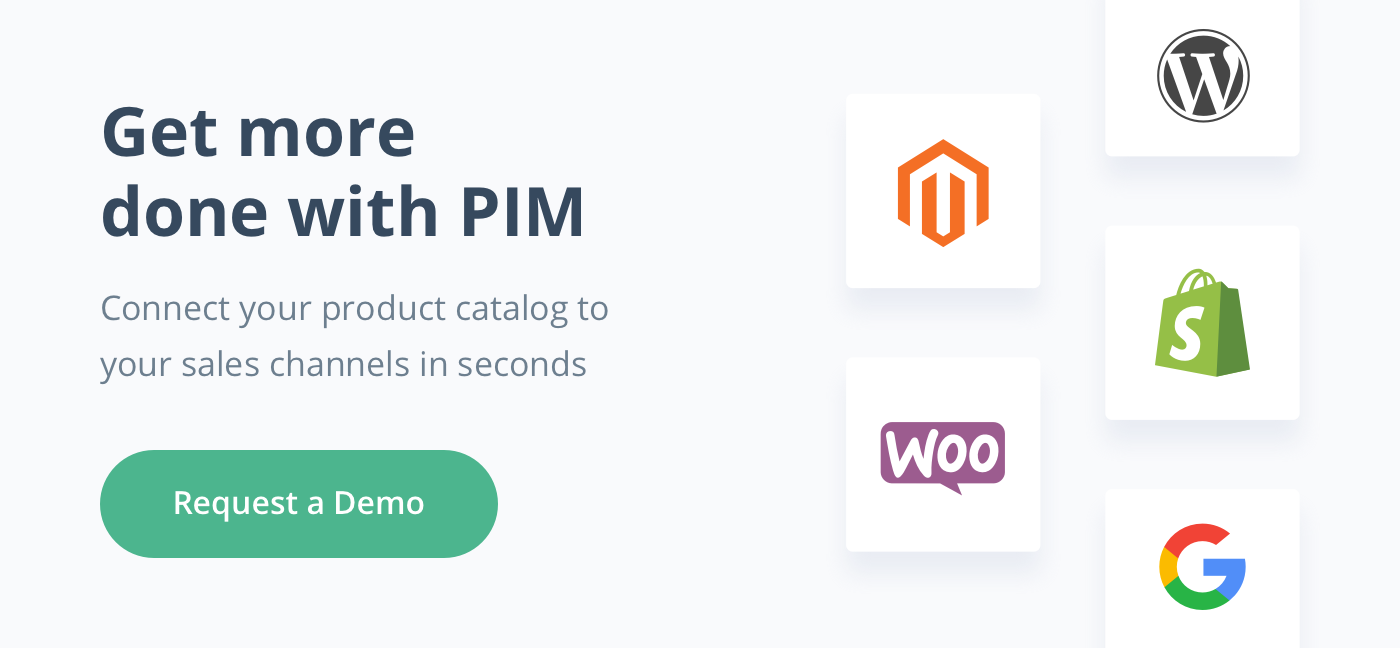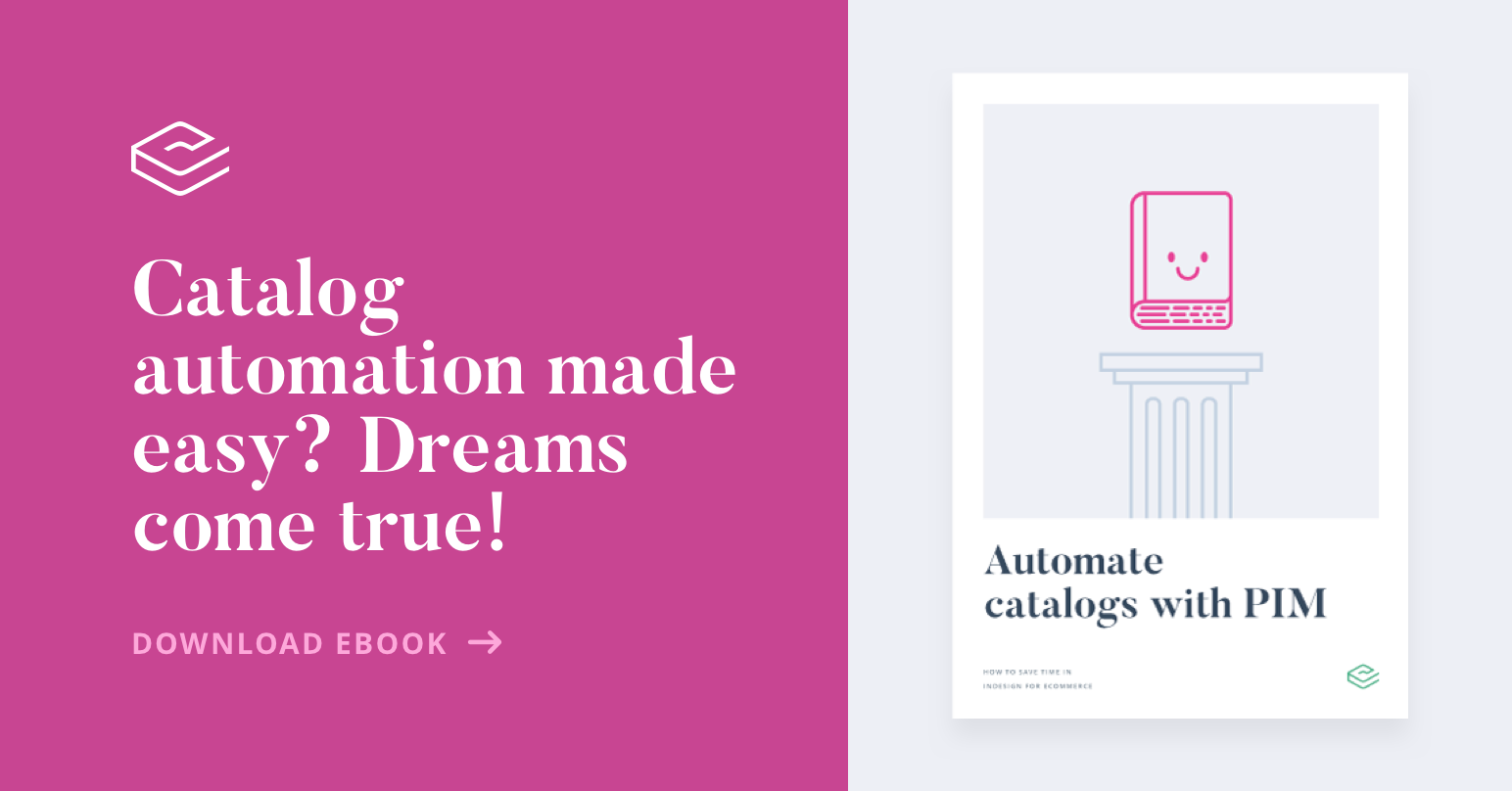
If you are in sales in the furniture sector, you’ll know first hand the difficulties of filling in product spreadsheets and catalogues full of technical specifications which, at the same time, must be very attractive for customers. And when we search for online furniture sales references, the most repeated name is not usually that of a company with a century of tradition and excellent wood... but IKEA, the most famous Swedish self-assembly furniture chain.
But, do you know what IKEA’s secret to online visibility is? You may think that it is the huge care they take in the visual part and their gigantic marketing strategy, through an annual printed catalogue and advertisements on YouTube and television. Well, you’d be wrong: both in their online presence and in their eCommerce site, IKEA doesn’t (just) go for visual impact, but for the quality of product content.
When it comes to an eCommerce site that whishes to be well positioned and found by its target audience, being captivating is not enough. Of course, IKEA’s website pictures, designs and layouts are of a high standard, but there are many other Internet sites that offer attractive, cheap and easy furniture, and with a longer online sales history. Remember that it is only this year that IKEA has launched into trying the eCommerce model, enabling items to be bought via its website, where before it only allowed the product catalogue and its shop stock to be consulted.
What was the decision that IKEA took to improve the online visibility of its products, increase its sales conversion rate and obtain a return on its investment in advertising? To boost omnichannel integration (with kiosks that merge physical and online purchasing experience) and improve what is often overlooked, and especially in ‘boring’ products like furniture: product information. The result is that their sales managed to double, because it is very easy to differentiate oneself from the competition by improving an aspect generally undervalued by everyone.
We know: it is a huge and tedious task to keep the logistics of hundreds of furniture datasheets up-to-date, with measurements, weights, crate volumes and wrapping, assembly instructions, maintenance, and other standard technical characteristics requested by retailers. This is the reason that practically 50% of furniture retailers have no e-commerce presence. Therefore, a suitable software tool, like a PIM that automates your product catalogues and stores all your product information in the cloud, can help you to coordinate your efforts and take you to another level, the IKEA level (which handles more than 9,000 product references).
The problem lies in knowing which elements are important for visibility and sales conversion in your corresponding sector, like furniture (whether you follow the IKEA model or not). Including all the necessary elements enables you to cover both fronts at the same time, and the more information you input into the product datasheets, you’ll obtain better quality and the best positioning.
We will help you to shed light on some keys which will raise the quality of your product datasheets in your eCommerce furniture catalogue:
Important product information for online visibility (SEO):
- Name
- Brand
- Description
- Images
- Videos
Important product information for sales conversion:
- Selling price
- Technical characteristics (materials, colours, finishes…)
- Dimensions
- Weight
- Assembly instructions
- Treatment
- Packaging
- Declaration of performance
- Product Environmental Declaration
And this is just the tip of the iceberg. If you think that your eCommerce product catalogue is lacking some of this vital information, or is not sufficiently well organized and up-to-date, at Sales Layer we perform a preliminary study of the state and needs of your catalogue. Contact us to obtain a 30-day free trial period and offer you the help you need to take your online shop to first division presence and sales levels.








.png?width=520&name=Blog%20Partner%20(3).png)

